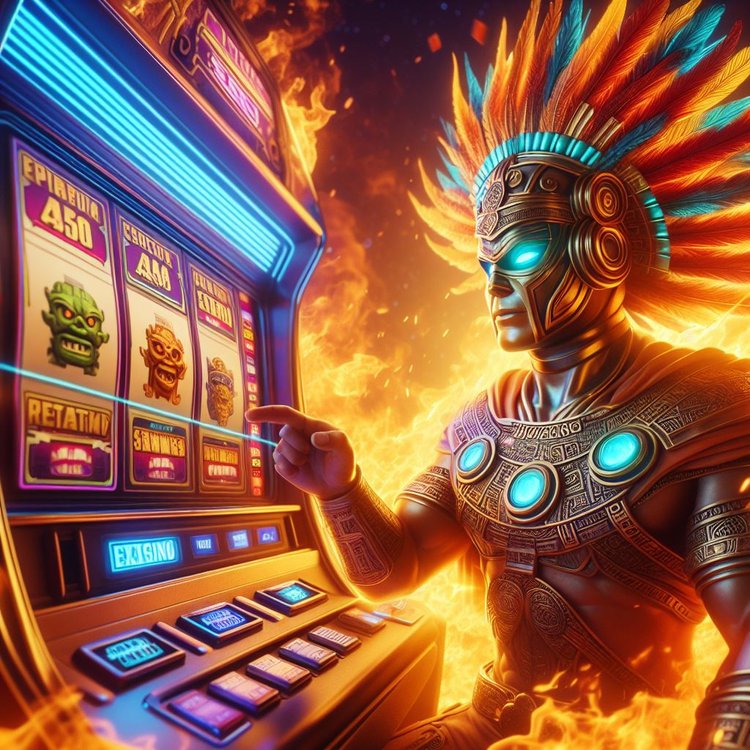One of the remarkable aspects of gaming is its sheer diversity, catering to a wide spectrum of tastes and preferences. Casual gamers might enjoy quick rounds of mobile puzzle games during their commute, while hardcore enthusiasts immerse themselves in epic adventures that span hundreds of hours. From the simple joys of classic arcade titles to the complex strategies of competitive esports, gaming offers something for everyone.
Casual gaming has surged in popularity in recent M303 SLOT years, thanks in part to the widespread availability of smartphones and tablets. Games like Candy Crush Saga and Among Us have become cultural phenomena, enjoyed by players of all ages and backgrounds. These bite-sized experiences provide a welcome escape from the stresses of daily life, offering moments of relaxation and enjoyment whenever and wherever they are needed.
On the other end of the spectrum, competitive gaming, or esports, has emerged as a global phenomenon, drawing massive audiences and lucrative sponsorships. Tournaments for games like Dota 2, Counter-Strike: Global Offensive, and Overwatch attract millions of viewers online and fill stadiums with passionate fans. Professional gamers, once viewed as outliers, are now celebrated athletes, admired for their skill, dedication, and strategic prowess.
Gaming and Mental Health: Finding Balance in a Digital World
While gaming offers countless benefits, from entertainment to education, it is not without its challenges. Concerns have been raised about the potential negative effects of excessive gaming, particularly on mental health and well-being. Like any form of entertainment, moderation is key, and it’s essential for players to maintain a healthy balance between gaming and other aspects of their lives.
Fortunately, many developers and researchers are actively exploring ways to harness the positive aspects of gaming to promote mental health and well-being. Games like Journey and Celeste, with their emphasis on exploration and self-discovery, offer players moments of reflection and introspection. Meanwhile, initiatives like Games for Change use gaming as a platform for social advocacy, addressing issues such as environmental conservation, mental health awareness, and social justice.
Moreover, gaming can serve as a valuable tool for therapy and rehabilitation, helping individuals overcome challenges and build essential skills. Virtual reality simulations are being used to treat phobias and PTSD, while exergames encourage physical activity and fitness. As our understanding of the relationship between gaming and mental health continues to evolve, so too will our ability to harness its potential for positive change.
Conclusion: The Endless Possibilities of Play
In the grand tapestry of human experience, gaming occupies a unique and ever-expanding niche, offering a gateway to worlds both real and imagined. From the humble beginnings of Pong to the boundless vistas of virtual reality, gaming has evolved into a global phenomenon that captivates and inspires millions.
As we gaze into the future, one thing is certain: the journey of gaming is far from over. With each passing day, new technologies emerge, new stories are told, and new adventures await. Whether exploring distant galaxies, battling ancient monsters, or simply sharing a laugh with friends, gaming continues to
